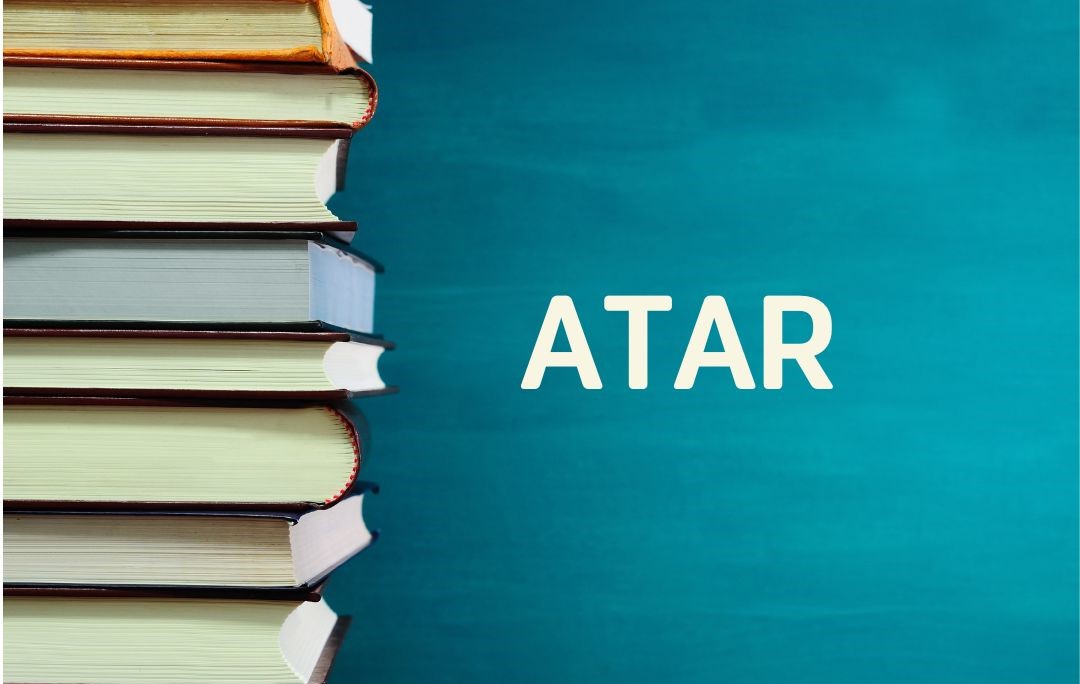WACSSO agrees removing ATAR bonus points helps achieve equity
20 February 2024
The recent Tertiary Institutions Service Centre (TISC) announcement that bonus points for students studying higher maths and language ATAR subjects will be abolished from 2026 is welcomed by WACSSO. The justification of this decision is that it levels the playing field for all students undertaking ATAR, which aligns with WACSSO’s aspirations of an equitable public education system.
“We know from listening to our network of parents across the State that there is huge variation in what ATAR subjects are afforded to students. Because of this diversity, some students cannot access this bonus points scheme, simply due to which school they attend,” says WACSSO Senior Vice President Julie Brooks. “When we responded to the Pathways to Post-School Success Discussion Paper last year, we reinforced this disparity in subject offerings within WA. Regional and rural students often miss out on a wide set of options for their ATAR subject selections because of the offerings available at their schools. In some cases, schools combine forces to make subjects available, or the student is given the option to take a course online, but this doesn’t always set them up for success. Any measure that levels the playing field for our diverse student population in Western Australia is supported by WACSSO,” added Julie.
WACSSO understands that the removal of the bonus points program will be introduced in 2026, meaning current Year 11 and 12 students are not impacted by this decision. It is important that schools are resourced to ensure the materials that are prepared for Year 10 subject selection events are amended to reflect these changes and that staff responsible for advising students on their choices have access to the most up-to-date information from TISC.
“Communicating the changes early and clearly to students and their parents is essential,” says Julie. “A significant component of our feedback to the panel investigating post-school success was around communications and helping parents (and students) understand how to navigate the options available at their school in Years 11 and 12. This change sits within the category of topics to raise transparently with families,” she added.
